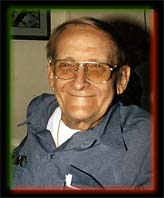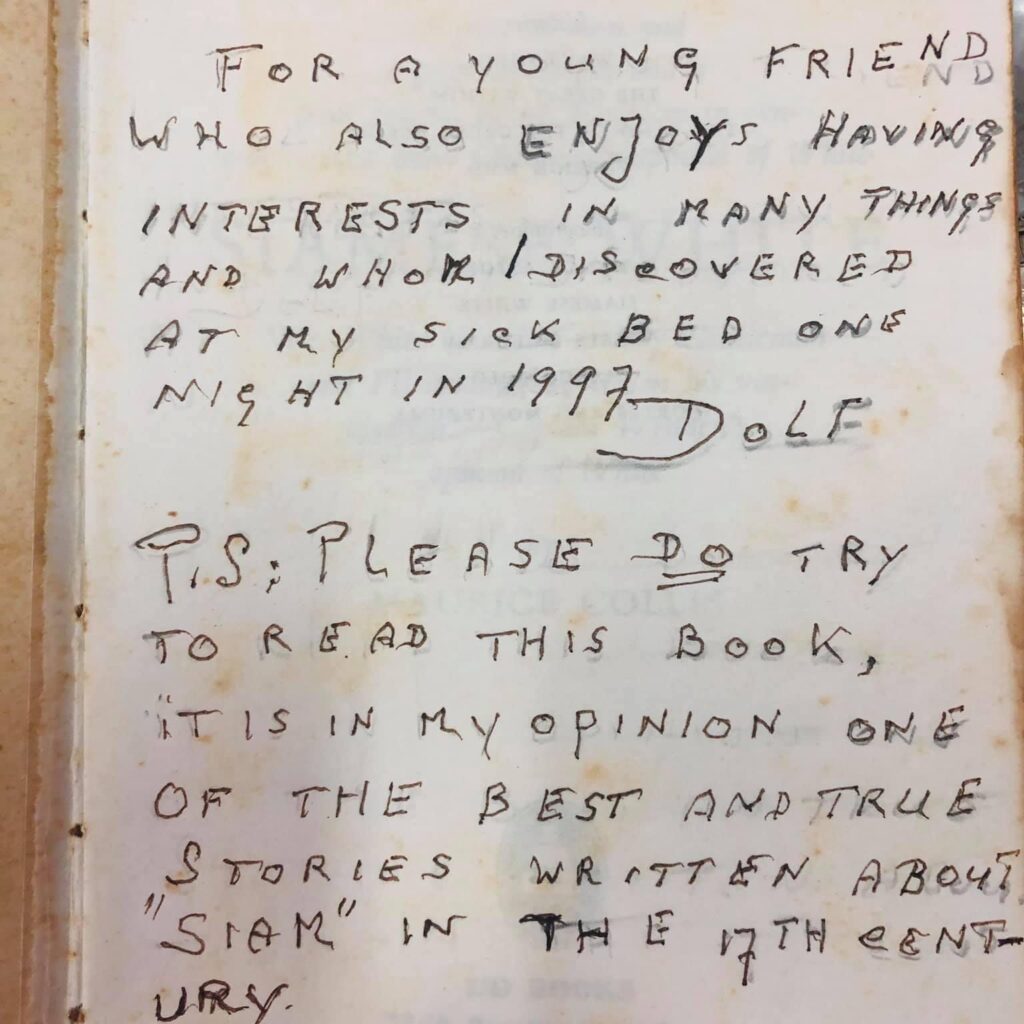A Life of Resilience: In Memory of Dolf Riks
It was a warm afternoon in Pattaya, Thailand, in the mid-1990s, when I first met Dolf Riks. My name is Dr. Kijakarn Junda, and I was a young physician just beginning my practice in this bustling coastal town. Little did I know that this encounter would mark the beginning of a lifelong friendship with a man whose life was as rich and complex as the stories he carried.

Dolf Riks was an old Dutch veteran of the Vietnam War, a man whose weathered face and tired eyes spoke of a life filled with hardship and resilience. When he first walked into my clinic, he was limping, his feet visibly deformed and causing him immense pain. He explained that his condition was a result of his time in a refugee camp in Indonesia, where he had been forced to wear ill-fitting boots or bare foot walking in muds for years. The damage to his feet was severe, and it was clear that he had endured much suffering.
As I examined him, Dolf began to share fragments of his story. He had been in Thailand for over 35 years, having arrived as a young man fleeing the chaos of war. He spoke of his time in the refugee camp, where survival was a daily struggle, and of his eventual journey to Pattaya, a place that would become his home. Despite his pain, there was a quiet strength in his voice, a determination to keep moving forward.
Over the years, Dolf became a regular visitor to my clinic. What began as a doctor-patient relationship soon blossomed into a deep friendship. He would often bring me books—old, well-worn volumes that he had collected over the years. Each book came with a story, a memory from his past that he wanted to share. Through these conversations, I learned more about the man behind the pain.
Dolf had been one of the early pioneers of Pattaya, a town that was still finding its identity in those days. He told me about the first restaurant he opened in Pattaya, aptly named “Dolf Riks.” It was a modest place, but it quickly became a gathering spot for expats, travelers, and locals alike. Dolf’s restaurant was more than just a place to eat; it was a sanctuary for those who, like him, were searching for a sense of belonging in a foreign land.
He spoke fondly of the early days of Pattaya, when the town was little more than a sleepy fishing village. He had witnessed its transformation into a vibrant tourist destination, and though he had mixed feelings about the changes, he remained deeply connected to the community he had helped build. His restaurant became a symbol of his resilience and his ability to adapt to life’s challenges.

As the years passed, Dolf’s health began to decline, but his spirit remained unbroken. He continued to visit me, and later, he would call me to his home in Naklua when he could no longer make the trip to my clinic. Our conversations were a blend of laughter, reflection, and occasional tears. He had lived a life full of trials and triumphs, and he carried his experiences with a quiet dignity that I deeply admired. Over the years, he had moved his restaurant once, and I had the chance to visit it to taste his famous ‘spiciest and tastiest ever cooked’ Indonesian food. It was an unforgettable experience, just like the man himself.
In 1999, Dolf Riks passed away, leaving behind a legacy that extended far beyond his restaurant or his time in Pattaya. He was a man who had faced the darkest corners of life and emerged with a heart full of stories and a soul full of resilience. To me, he was not just a patient or a friend; he was a reminder of the strength of the human spirit and the power of connection.
Today, when I walk through the streets of Pattaya, I often think of Dolf and the stories he shared. His life was a testament to the idea that no matter how difficult the journey, there is always a way to find meaning and purpose. And though he is gone, his memory lives on in the books he left me, the stories he told, and the indelible mark he left on my heart.
Dolf Riks was more than just an old Dutch veteran; he was a storyteller, a survivor, and a friend. And for that, I will always be grateful.
— Dr. Kijakarn Junda